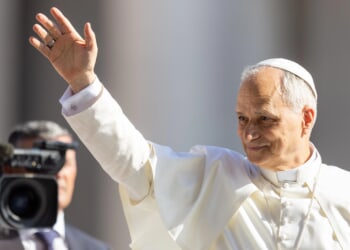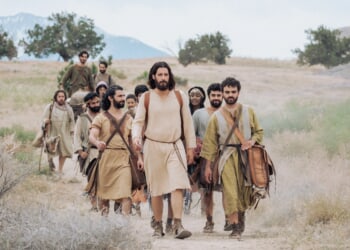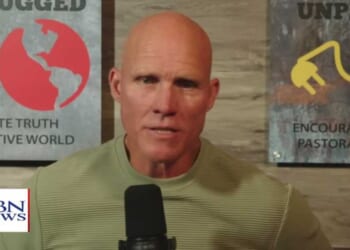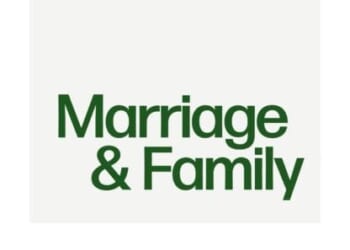Washington, D.C. Newsroom, Aug 7, 2025 /
14:33 pm
As officials carry out mass deportations across the United States, Bishop Mark Brennan of Wheeling-Charleston, West Virginia, is criticizing the Trump administration’s policy of deporting “as many immigrants as possible” without “distinguishing between true criminals and law-abiding persons.”
In a recent statement addressing Catholics in his diocese, Brennan said “some of you have told me that you were happy to support a presidential candidate who would install order at the southern border and keep out drug traffickers, terrorists, and violent criminals but that you didn’t expect this wholesale assault on the majority of immigrants, who work hard, are raising their families, and live peacefully in our communities.”
The bishop urged the government to prioritize deporting violent criminals rather than upstanding people, highlighting that entering the U.S. “without official government permission is a misdemeanor, a crime but a lesser one, on the level with loitering, public intoxication, and shoplifting.”
Brennan’s critique of mass deportations aligns with a number of other Catholic leaders including Los Angeles Archbishop José Gómez, who recently said: “A great nation can take the time and care to make distinctions and judge each case on its merits.”
“On our journey to eternity, the Lord expects us to help one another,” Brennan said. “Why else would he command us: Love your neighbor as yourself and do unto others as you would have them do unto you?”
“In the light of these Christian principles, we the people must act,” Brennan declared. For example, Catholics can call for “less cruel” enforcement and can speak up “when we hear grossly inaccurate talk about undocumented immigrants being uniformly criminal, when only a few commit violent crimes.”
“As people of faith, we should pray intensely for God to touch the minds and hearts of our political leaders and move them to be more reasonable and humane in their policies; and for those who implement those policies to do so with respect for their fellow human beings.”
Brennan encouraged those enforcing immigration policies “to consider whether a specific action is morally justified,” because ultimately, “the final judge of our actions is God.”
Speaking of law enforcement officers, he said: “I recognize that they have sworn to uphold the law. Yet the manner in which a law is enforced matters. Those acting on the government’s behalf cannot escape personal responsibility for an unjust action with the excuse that it was ordered by their superiors.”
“That defense was not allowed during the Nuremberg trials of Nazi war criminals at the end of World War II,” Brennan explained. “The judges held that a soldier, guard, or official who authorized or engaged in gross violations of human rights was personally responsible for his acts.”
With that said, Brennan clarified: “What has been reported about excesses in immigration enforcement does not approach the horror of Nazi treatment of prisoners, but the principle of personal responsibility for one’s actions remains the same.”
“Our Church would have no martyrs if the highest good was to preserve one’s life. Some things are worth taking a principled stand for,” Brennan said. In tandem with bishops across the nation, Brennan called on Catholics “to affirm the humanity of all immigrants, regardless of legal status.”


















